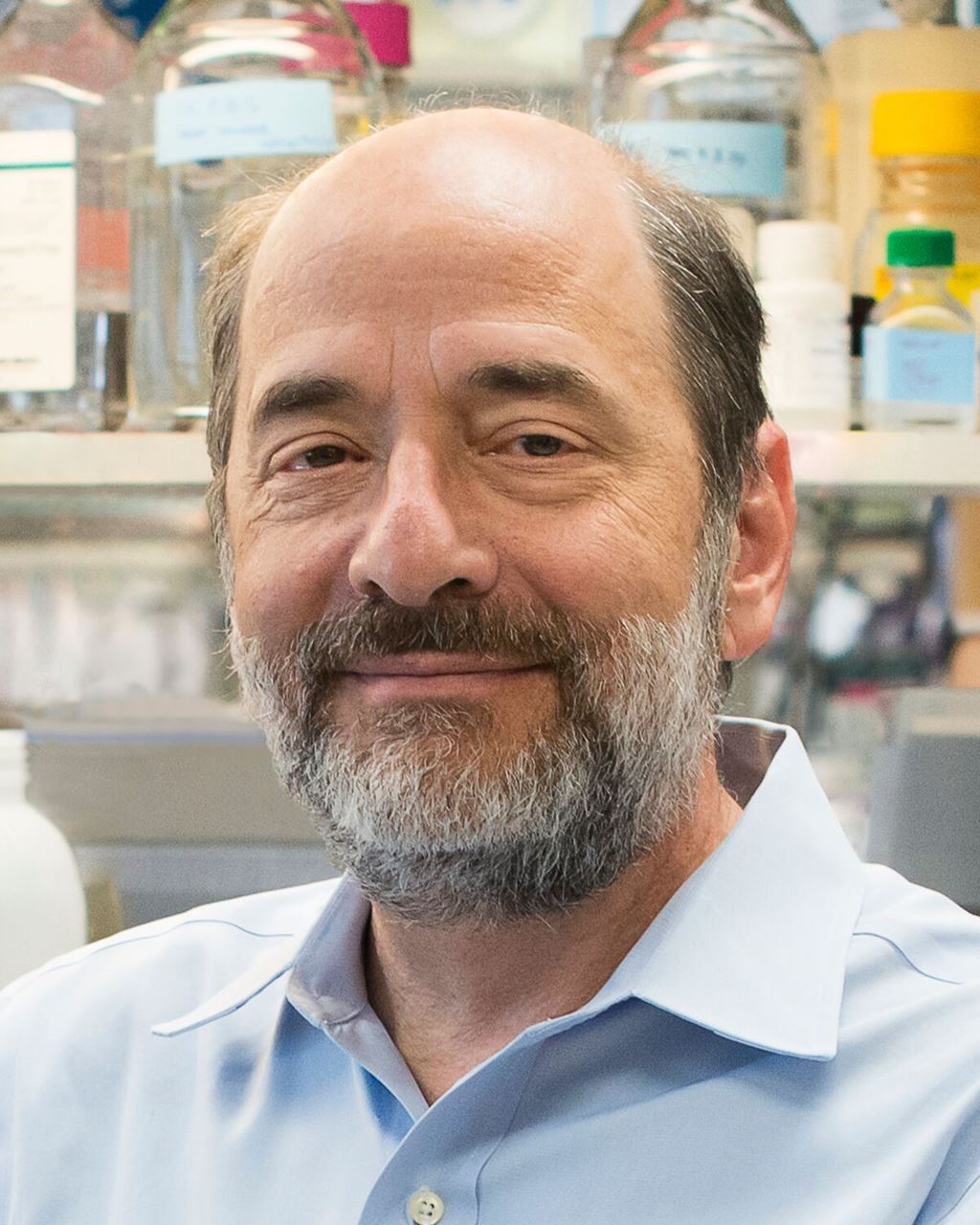Below is a more detailed description of the Plenary Speakers' topics that will be presented at ASN 2024:
How Nature and Nurture Conspire to Regulate Brain Development and Plasticity
Michael Greenberg PhD, Nathan Marsh Pusey Professor of Neurobiology (Harvard Medical School)
Experience-dependent neuronal activity plays a critical role in shaping the connectivity and function of the central nervous system. These actions are mediated in part by the action of a program of neuronal activity-driven gene expression. Investigation of these gene expression programs has uncovered important roles in dendritic growth, the development of excitatory and inhibitory synapses, the composition of protein complexes at pre- and post-synaptic sites, and the production of neuropeptides that control neural circuit development. Moreover, defects in the activity-dependent gene program contribute to disorders of human cognition. Thus, study of this transcriptional response promises new insights into neuronal plasticity and disease. https://greenberg.hms.harvard.edu
Periodic ER-Plasma Membrane Junctions in Dendrites Support Long-Range Ca2+ Signal Integration
Jennifer Lippincott-Schwartz PhD, 4D Cellular Physiology Senior Group Leader (Howard Hughes Medical Institute’s Janelia Research)
Lab studies how the different cells comprising an organ operate individually and interdependently to allow an organ to develop, remodel, heal and compute. In addressing this challenge, lab focuses on the dynamic organization of subcellular organelles and their trafficking pathways in driving the metabolic and physical states of cells and their interrelationships. Jennifer Lippincott-Schwartz’s research uses live cell imaging approaches to analyze the spatio-temporal behavior and dynamic interactions of molecules in cells. https://www.janelia.org/lab/lippincott-schwartz-lab
Characterizing the Role of Innate Immune Pathways in Alzheimer's Disease in the MODEL-AD/TREAT-AD Consortia and the Lamb Lab
Bruce Lamb PhD, Executive Director of Paul and Carole Stark Neurosciences Research Institute (Indiana University School of Medicine)
Lab studies microglia and neuronal-microglial communication in the development and progression of Alzheimer’s pathologies; traumatic brain injury as an environmental modifier for the development of Alzheimer’s pathologies. https://medicine.iu.edu/faculty/23627/lamb-bruce
Neuroimmune Regulation of Brain Development and Plasticity
Anna Victoria Molofsky, MD, PhD, Department of Psychiatry (University of California san Francisco Medical School)
Molofsky’s lab studies interactions between multiple cell types within the brain, including neurons, astrocytes, and microglia, and in particular, to define how innate immune signals shape healthy brain development, plasticity, and aging, both within the brain and in communication with peripheral immunity. Cellular and molecular understanding of brain-immune communication that can inform new immune-based therapies for psychiatric, neurodevelopmental, and neurodegenerative illnesses. https://www.annamolofskylab.org




